Can Our Memory Play Tricks on Us?

The Short Answer: Yes, it can. Our memories can sometimes be deceptive, leading us to recall events inaccurately or believe in occurrences that never happened. This phenomenon, known as false memory, can make us feel confident in our recollections even when they are incorrect.
Understanding False Memories:
False memories are not typically created intentionally. They occur without our conscious effort, making them different from deliberate lies. Despite their unintentional nature, false memories can have significant implications, especially in areas like the criminal justice system.
Everyday False Memories
We all experience instances of remembering something incorrectly or having gaps in our recollections of recent events. Generally, these inaccuracies are harmless. However, in the context of the criminal justice system, false memories can have serious consequences. Eyewitness testimonies, which rely on accurate recollection, can lead to wrongful convictions if based on false memories.
The Role of DNA Evidence:
The use of DNA evidence in the courtroom during the 1990s highlighted the unreliability of eyewitness testimonies, revealing that our long-term memories are often fallible. This realization prompted extensive research into the connection between false memories and the justice system.
False Memory and Freud
Sigmund Freud, known as the "father of modern psychology," introduced the concept of the unconscious and suggested that repressed memories could be retrieved through psychoanalysis. This idea laid the groundwork for modern counseling and therapy practices.
Dr. Elizabeth Loftus:
Dr. Elizabeth Loftus, an American cognitive psychologist, has extensively studied false memories, particularly in the context of eyewitness testimonies. Her work has influenced numerous legal cases and highlighted the need to consider the reliability of memory in court.
The "Memory Wars"
In the 1990s, researchers began questioning the validity of repressed memories. While many people recalled repressed memories through psychoanalysis, scientific evidence showed no basis for their existence. This led to skepticism among psychologists about the reliability of such memories.
How Memory Works
Understanding how memories are formed helps explain why false memories occur. Memories are recorded twice: first into short-term memory and then into long-term memory. This process can introduce errors, leading to inaccurate recollections.
Types of Long-Term Memory:
- Implicit Memory: Involves skills and routines like speaking, coordination, and physical activities.
- Explicit Memory: Stores recollections of past events and learned information.
Memories are encoded in different parts of the brain, including the hippocampus, amygdala, and prefrontal cortex. The transfer from short-term to long-term memory can create opportunities for errors, contributing to false memories.
False Memories and Social Influence
Social cues and peer pressure can also create false memories. Hearing others recall an event can implant similar memories in our minds, even if we were not present or the event did not happen as described. This is why accused individuals are often tried outside the location of the crime, especially if there was significant media coverage.
The Verdict on False Memory
Our memories are not always reliable. The two-step process of transferring short-term memories to long-term storage can introduce inaccuracies. While we don't intentionally fabricate memories, the emotional impact of our experiences can significantly shape our recollections.
Embracing Memory
Understanding how memories are formed and the factors that contribute to false memories can help us develop a healthier relationship with our past. Exploring these concepts can lead to a deeper appreciation of the complexities of memory and its influence on our lives.


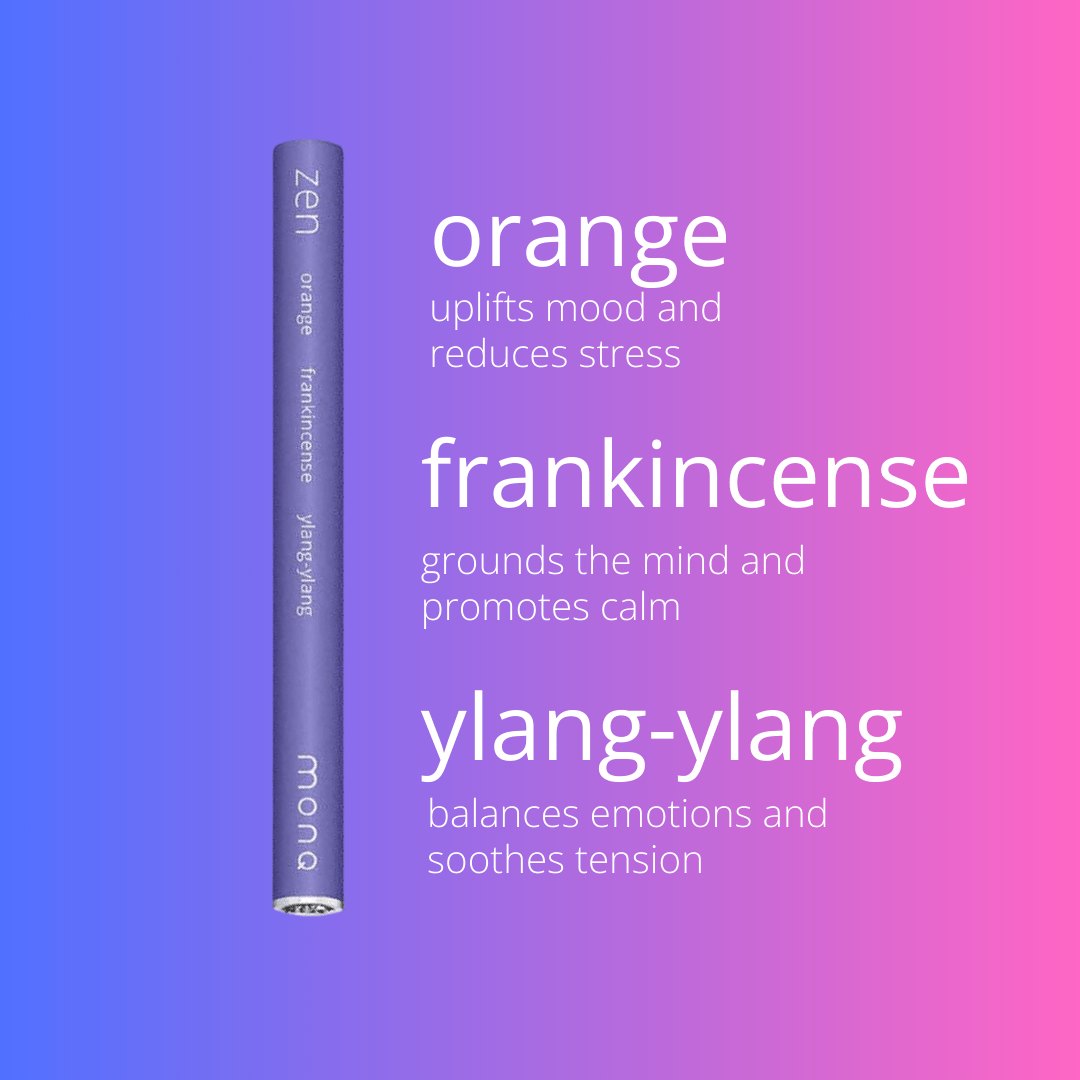
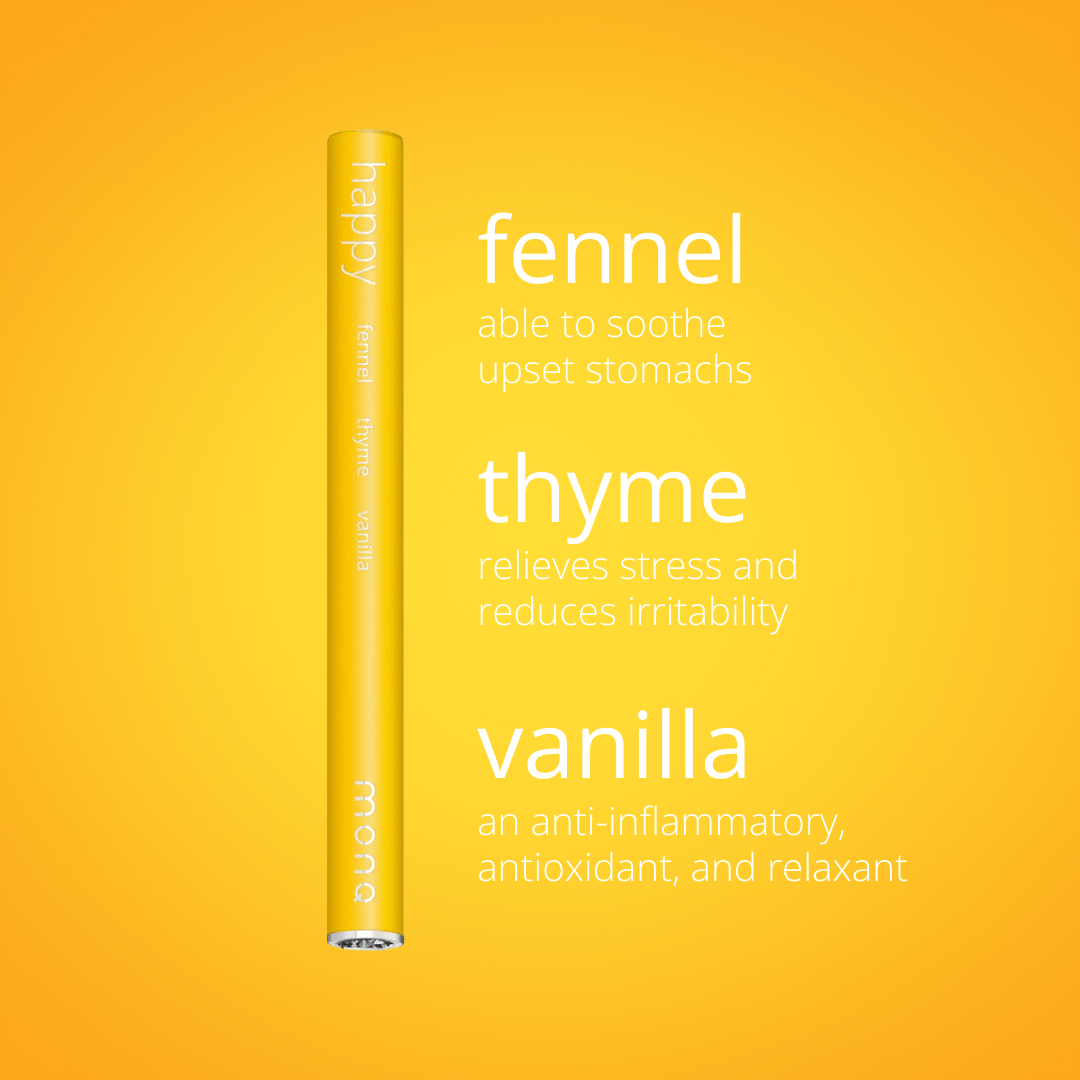
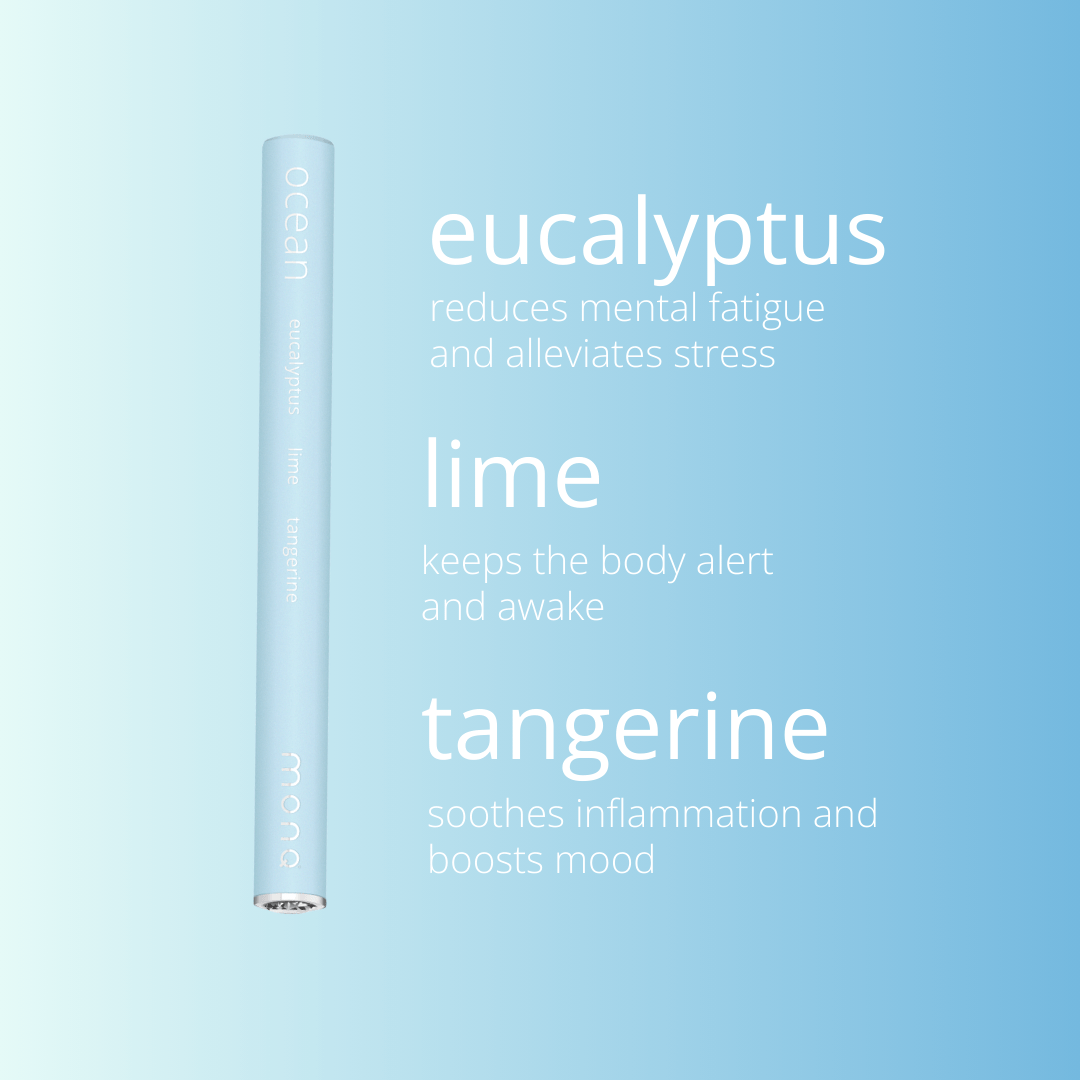
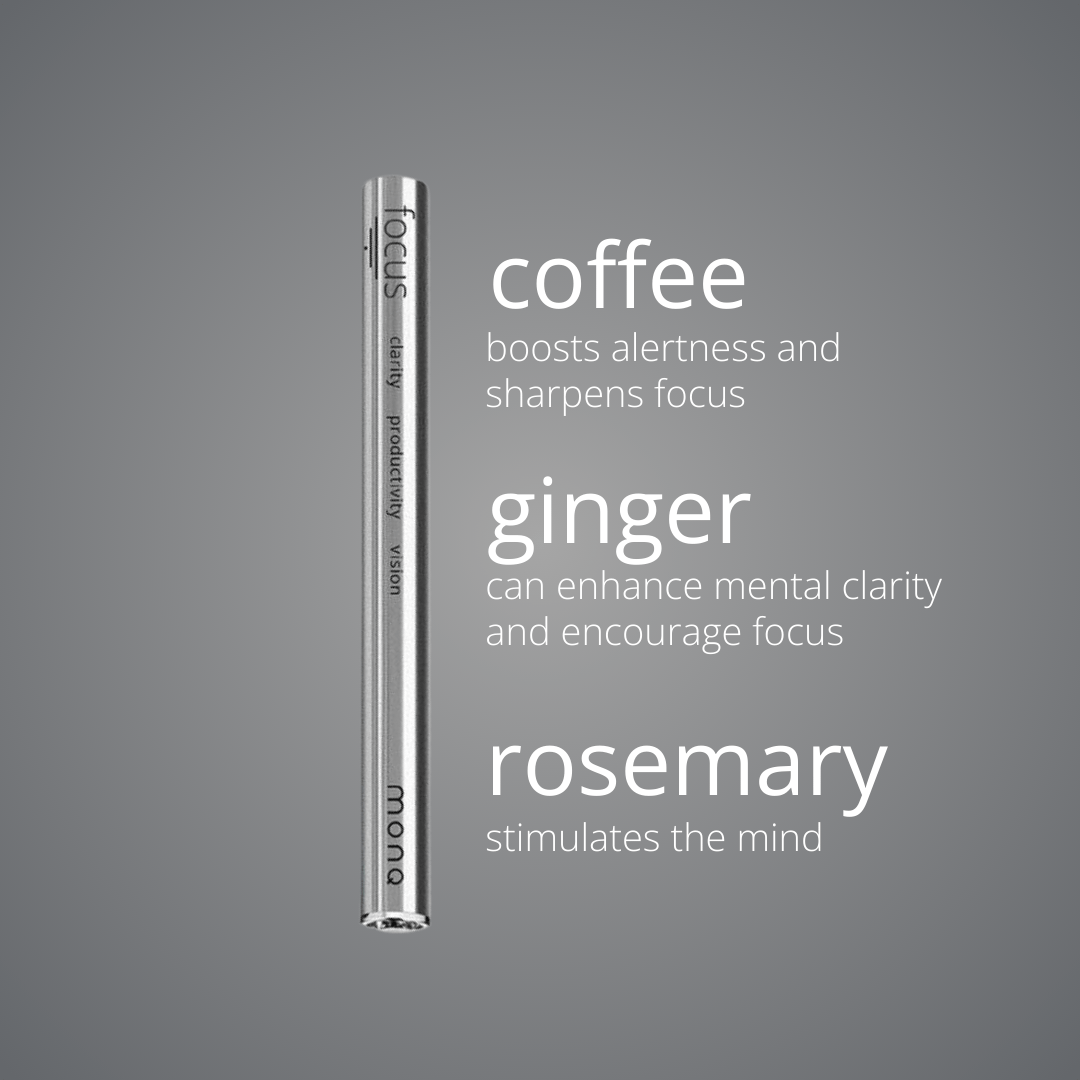
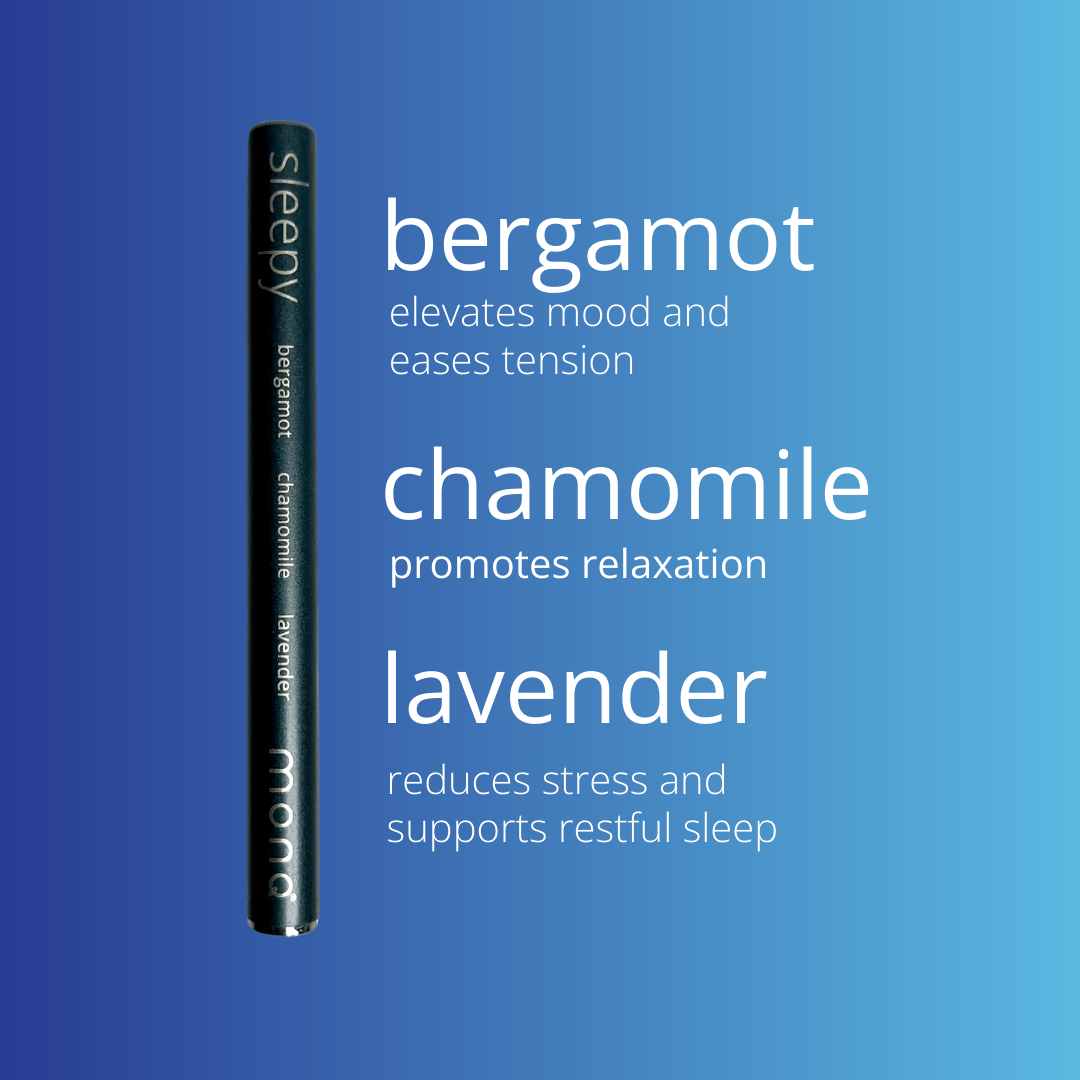

Leave a comment